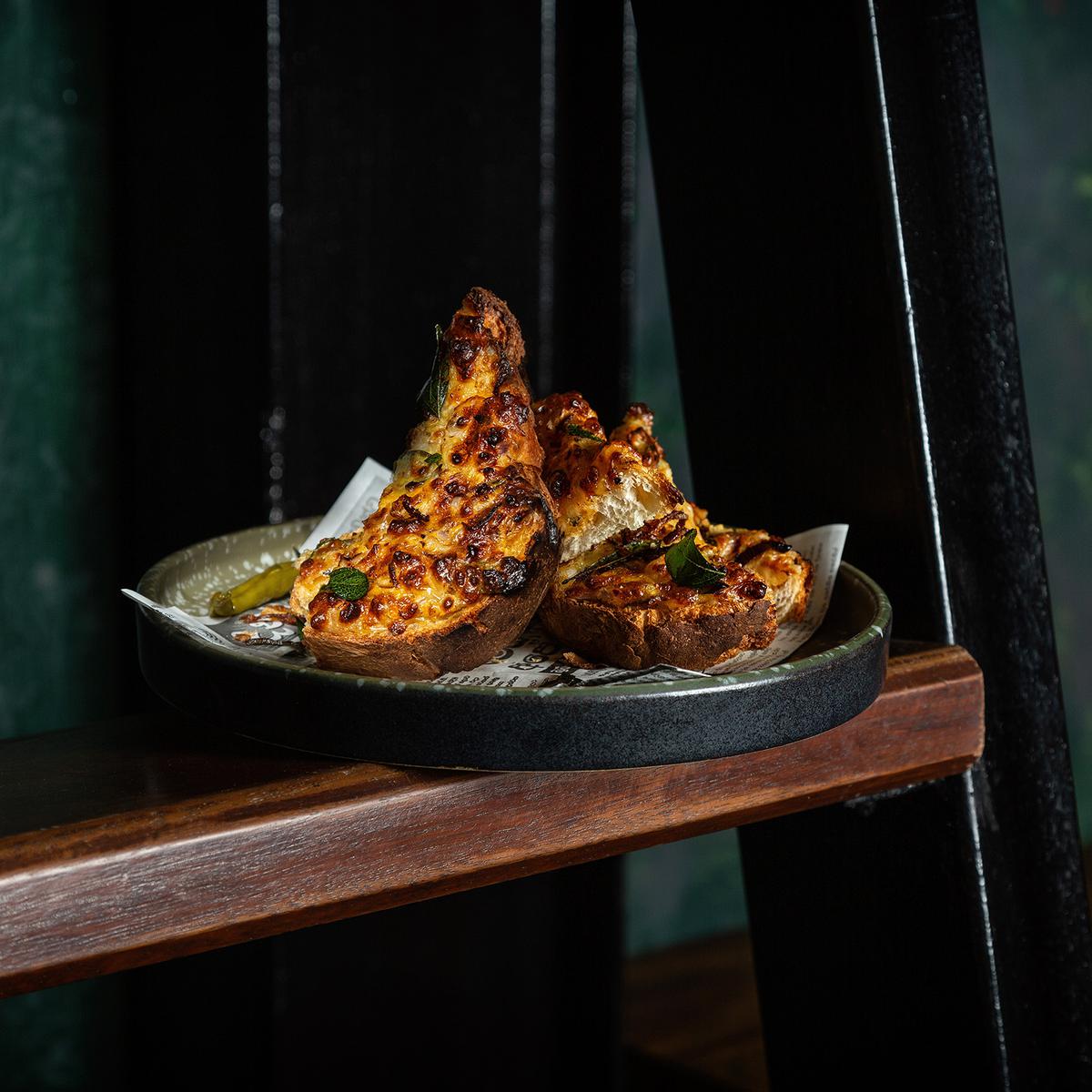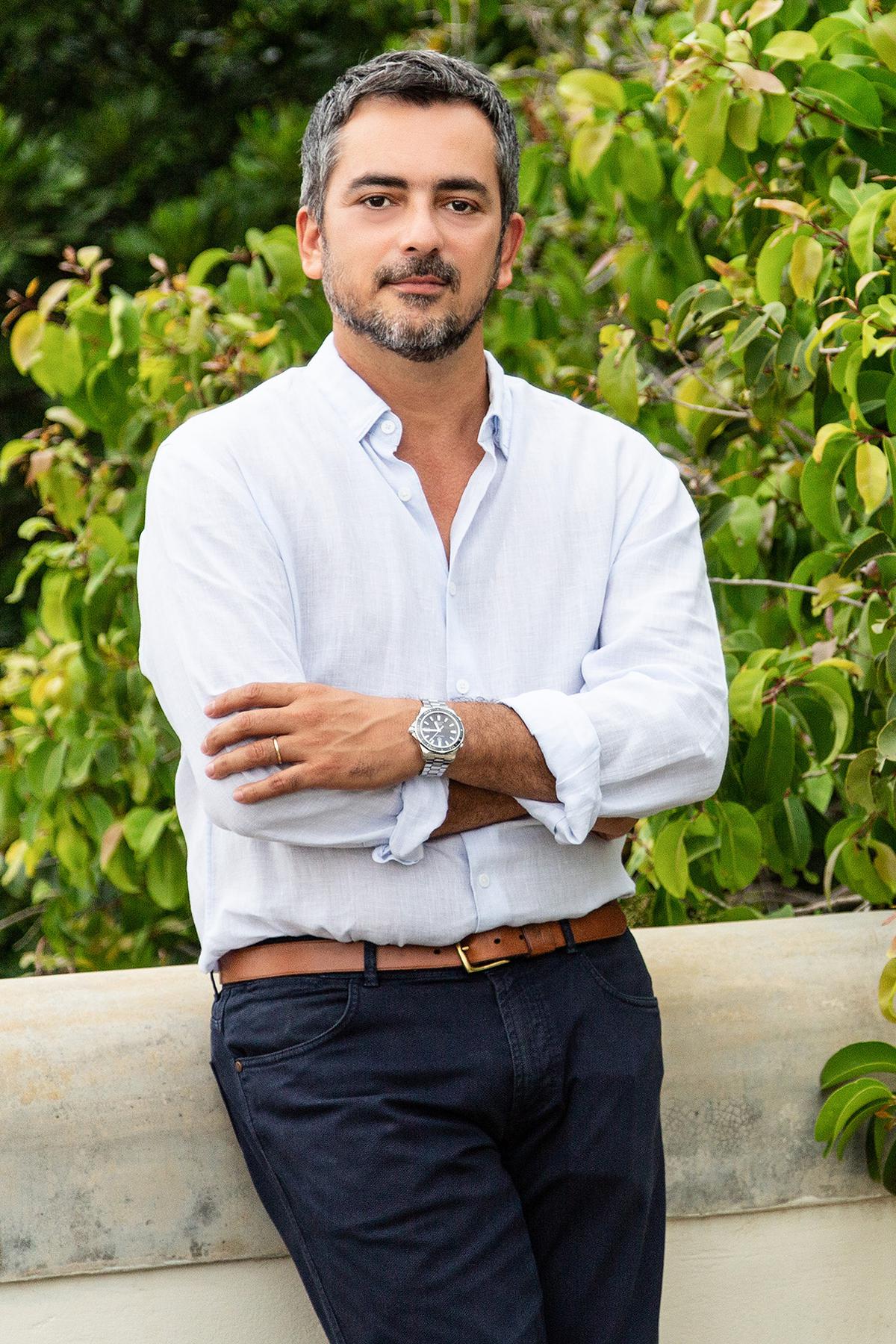Despite power cuts, fuel shortages and citizen protests, Sri Lanka continues to welcome tourists, as hotels and restaurants innovate to to stay open. Should you travel now?
When the lights go out at the Ministry Of Crab in Colombo, candles flicker on. Undeterred by the power cut, diners continue to tuck into Sri Lanka’s famously sweet mud crabs, slathered in garlic and butter. “When the electricity came back on, everyone clapped,” says chef-restaurateur Dharshan Munidasa. “It is an inconvenience, yes. But people are very understanding now. And we want to stay open.”
Set in the bustling Dutch Hospital, a restored heritage building in the heart of Colombo, the Ministry of Crab has been named one Asia’s top 50 restaurants and is usually packed with tourists and locals, serving about 250 people a day. As Sri Lanka’s economic crisis intensifies amid reports of the country running low on fuel, power cuts and anti-Government protests gathering steam, nervous tourists are cancelling tickets and holidays in the beautiful island nation.
However, on ground, as far as possible, it is business as usual.
What to know, before you go
Petrol bunks are flanked by snaking queues of patiently resigned drivers, now used to the drill: one line for autos, one for cars and one for bikes. While tourists typically drive across the country, it may be easier to limit your movement so you are not impacted by fuel shortages. Petrol is a little easier to find than diesel now.
While most of the luxury hotels can keep their lights on for now, resorts and home stays swelter through the power cuts which are usually three to four hours, but have been known to go up to 13 hours. Hotels may switch off extra lifts to save energy.
Locals are warm and hospitable, welcoming the business tourists bring. The Indian rupee goes a long way, enabling you to spend — and tip — generously.
As always, check the situation on ground before you travel.
“We are thankful for everyone who is still coming,” says Dharshan. “We, as a company, have shown resilience during this dark hour. Yes, there are physical limitations: electricity, fuel and gas shortages… But with whatever we have, we are prioritising our guests.”
As supplies of imported produce run out, restaurants are being forced to rethink menus, but fortunately for Dharshan, their focus is on freshly caught, local crabs. They have, however, like most other businesses, been forced to raise prices to compensate for rising costs. They also recently introduced a dollar menu, as the value of the Sri Lankan Rupee now fluctuates from day to day. “We are also testing a multi-currency system, like a duty free shop,” he says.
Outside, the city bustle is punctuated with horns, beat out in a now familiar rhythm that has become the sound-track of the protests: “ Kaputa kaak kaak kaak”, triggered by a viral video clip of Finance Minister, Basil Rajapaksa talking about ‘ kaputas,’ or crows, hitting a plane. Though there is a steely determination and undeniable anger in the air, the protests — centered around the new ‘Gotagogama’ village at scenic Galle Face — are spun together with creativity and a clever sense of humour.
The Kaputa Kaak Kaak cocktail by the bar Uncles
Even local businesses are enthusiastically diving in: Uncles, a popular city bar, recently introduced the Kaputa Kaak Kaak cocktail which, according to their lively Instagram handle, is a heady blend of “Bacardi black, charcoal, fresh pineapple and basil… basil… basil.”
Every evening, as the sun sinks in vivid burst of pastel shades that seep gently across the sky, Galle Face comes alive in a burst of heady energy, with drumming, music, protest art and a parade of slow-moving cars draped in Sri Lankan flags. At the Taj Samudra, which has a sweeping view of the sea, and now much of the Gotogama action, Pankaj Sampat, Area Director and General Manager of the Taj Samudra and Kiran Bussari, the hotel manager, discuss how the country’s hospitality industry is weathering the current crisis, which has arrived close on the heels of the pandemic.
The bigger picture
“For Indians, Sri Lanka is an international destination at domestic prices,” says Pankaj, adding that now especially, with an exchange rate of between LKR 4 and 5 for ₹1, it makes for a very affordable getaway. Sri Lanka was poised to be one of the world’s best holiday destinations, thanks to the diversity of accessible experiences on offer, combined with affordability and traditional hospitality, once the civil war ended. However, the country, for which tourism is an important income generator, suffered a major setback with the Easter bombings in 2019, followed by two years of pandemic restrictions. Then, this month, the cancellations began again.
“We started picking up from October 2021,” says Kiran, explaining that they were at about 70% occupancy in March 2022, when guests began to cancel vacations, conferences and room bookings. “The hotel is now at about 20% occupancy, mostly essential travel,” he says, adding that they have made adjustments to minimise waste, like replacing buffets with a la carte service, and are using the down time for renovations.

Cheese toast at Uncles
Pankaj adds, however, that people familiar with the country are undeterred. Like TS Prakash, who heads the Indian CEO forum and deliberately held a work conference in Colombo in April. As he strides across the quiet Taj Samudra lobby welcoming delegates, Prakash pauses to explain why. “I’ve lived in Colombo for 28 years. I notice people are reluctant to come now, though I believe it is safe.” He states that he is determined to showcase the many charms of the country: “We have people here now from across Europe and Asia, and they are enjoying the trip.” Pankaj adds, “The best way to help Sri Lanka is to come back as tourists, a whole eco system will re-start — hotels, restaurants, cabs, guides, tea stores…”
Gehan Fernando, owner of Uncles, as well as the co-founder of some of Colombo’s most popular bars and cafes — including Sugar Bistro, Kava Island Bar and the Sugar Beach Club at Mt Lavinia — explains how challenging the past few years have been. “Just as we started recovering from the Easter bombing, the lockdown began in March. For about seven months we could not operate at all, and we had to make tough decisions, including closing some of our locations,” he says.
Is it safe? “Absolutely,” says Gehan. “You may have inconveniences with the power outages. But the country is moving forward, people are living their lives, kids are going to school, people are going to work… I don’t think Sri Lanka has ever been as united as it is currently. And I find it very inspiring.”

Gehan Fernando, who runs the proudly local Uncles bar
He adds, “Our industry has become so resilient — you still see people out, people still spending money in certain areas and restaurants — but as a whole it is down on its knees. There are multiple challenges: power is a major issue, LPG is getting tough to source, prices are skyrocketing and there’s unavailability of ingredients… However, our local clients have been very supportive. They understand our challenges, and why we are forced to increase prices.”
Restaurants are focussing on local menus now, so ingredients are easier to source. At Uncles, Gehan says, the focus has always been to highlight local food and drinks, a decision that is paying off now. “We serve what you would find in a typical local bar — Cheese toast, pilla chicken…”
With toddy on tap, Uncles proudly showcases Sri Lankan spirits and produce in its cocktails, like the Island Sour with Halmilla Arrack, coconutty Toddy mojitos and an Ana Malu old fashioned, with caramelized banana and arrack: all served with cassava chips and devilled prawns. Plus, of course, that Kaputa cocktail, which Gehan says is doing very well: “We sold about 70 yesterday.”
Although menus are smaller, Sri Lanka is still making an effort to give visitors a memorable holiday. “Yes, places are struggling, but people are keeping their doors open,” says Gehan. “But Sri Lanka has never been more affordable for tourists… and we have never needed tourists to come as much as we need them now.”
























